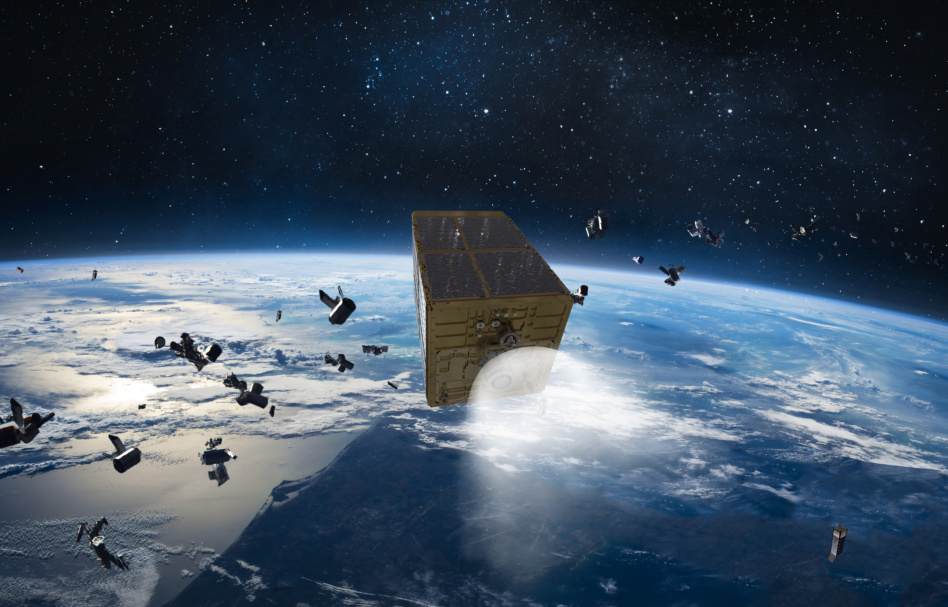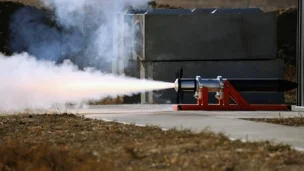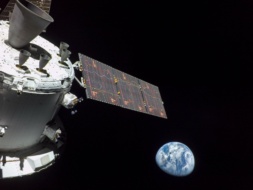Benchmark Space Systems is ready to bring a last-minute collision avoidance kit to market, the Vermont startup said this morning. Dubbed COLA, the tiny thruster system is designed compactly so it can be retrofitted onto satellites that already have finalized designs, Benchmark EVP Chris Carella told Payload.
All that junk out there: The orbital environment is getting more crowded. More satellites in LEO = a higher chance of collisions. And any accidental collisions or deliberate debris-creating events increase the risk of further collisions and later conjunction warnings for operators. The ability to maneuver away from an unexpected close encounter or collision is “for the good of everyone in space,” Carella said.
Diet COLA: Satellites using electric propulsion need buffer time after a conjunction warning to make a maneuver, but in the future, that might not be possible. For companies who have already invested a lot of time and resources into building their birds, the solution needs to be cheap, unobtrusive, and quick to operate. “The market sees it as cheap insurance,” said Carella.
- COLA uses chemical propulsion with hydrogen peroxide as fuel, allowing thrusters to quickly fire in a pinch.
- It’s designed to make last-minute maneuvers on satellites weighing <600kg.
- The system can make 2-10 ~1km maneuvers over its lifetime, depending on the weight of the satellite and the size of the system itself.
- Benchmark will offer four sizes chosen depending on mission requirements.
Pricing: The system will cost $100-150K all in.
Coming up: Benchmark has non-exclusively partnered with SCOUT to deploy COLA, and is working on other partnerships in space situational awareness, space traffic management, and electric propulsion. COLA is built out of heritage components and is ready for production right away, with the first units expected to ship in Q1 2023.
+ While we’re here: You’re not seeing double—yesterday, Benchmark announced it’s acquiring AASC’s plasma thruster tech. Read that story here.




